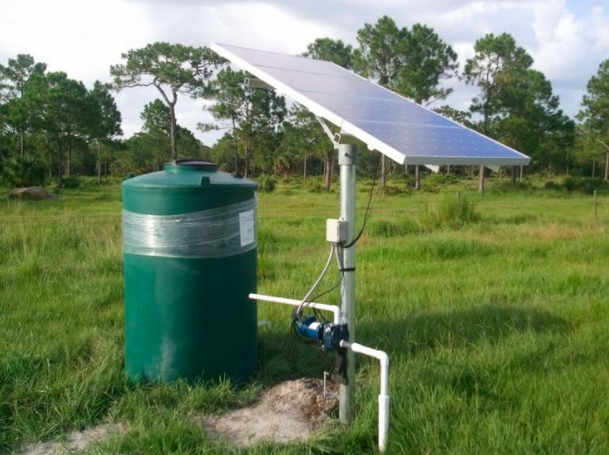
The Benefit from Using Water from the Well
Water is an essential drink that no human can do without. Many people around the world drink it from the tap. Others prefer bottled water. Different sources of water are commonly used. One such source is the well. Here’s why you should consider using water from your well too.
Nutritional value of Well water
Well water is nutritious.
A single cup of Well water will give you:
a) 7gms of calcium
b) 2mgs of magnesium
c) 12mgs of sodium
These are essential minerals that are needed by the body, whose deficiency can have minor to severe effects on the body.
Safe and healthy
Generally, well water is safe for drinking, cooking, bathing and other uses in the homestead as well as in farms. Well water is one of the cleanest. Additionally, it is also the source of the most natural drinking water both for humans and animals such as horses. When dug in the right location, it is devoid of most contaminants found in other water sources. Compared to other sources, water from the well is safe to use.
It is not renowned for containing contaminants such as raw sewage, pharmaceuticals, motor fuel, and industrial runoff.
Some of the bottled water used in homes, hotels, and offices contains chlorine gas. Anybody who knows anything about chlorine gas understands the role it plays in causing air obstruction, dyspnea, chest tightness, and wheezing.
The quality of water found in most city homes is a bit iffy. The water found in country homes, however, is mostly from the well. Therefore, think about usinging water from your well to avoid exposing your clients, family, workers or friends to health hazards.
Currently, around 15 million people in the US depend on private wells for the water they need. However, before a facility such as the Forest Hill Farms begins offering water well to its clients, it must take it for testing. Otherwise, it will be exposing its clients to a number of health risks.
Is well water 100% pure?
The purity of the Well water depends on several factors. The quality depends on location, naturally occurring minerals and chemicals, herbicides, pesticides and many other farming practices, industrial pollution, fuel drilling, heavy metals, and malfunctioning sewers.
The depth of the well also determines how healthy the water is. According to the EPA, drinking well water that is too close to the surface and to sources of contaminants such as toilets, mines, and firms using toxic chemicals can expose you to a number of contaminants. The contaminants found in groundwater include radon, nitrates, pesticides, fertilizers, industrial waste, and sewage.
Costs
The main costs for getting well water are those related to sinking the well. The initial costs include testing that can be done with a DIY kit or by the local health department, meeting local authority requirements, and digging. Afterwards, there are no water bills to be paid. The only additional cost would be the occasional maintenance, regular testing, and perhaps the energy used to pump the water to the various outlets.
As shown above, well water can be a cheaper source of safe water. With the right measures such as selecting a proper location, making the well deep enough, sealing it properly and where necessary installing a filter; well water can be a worthy alternative for homes and farms alike.